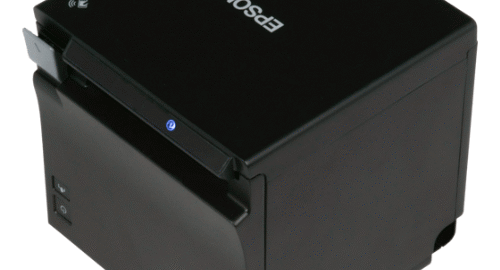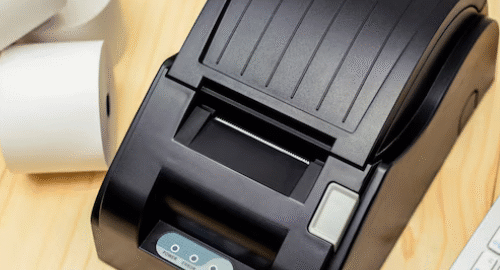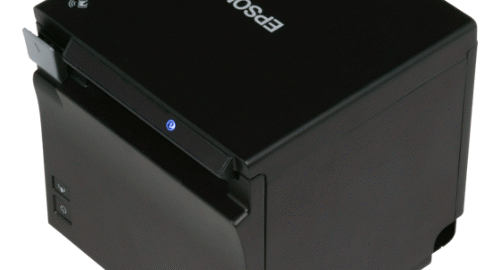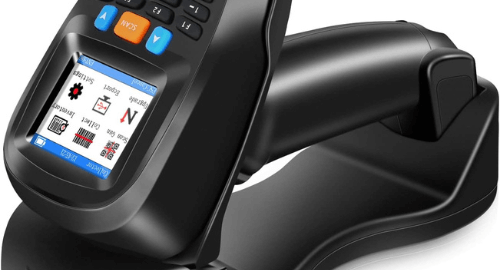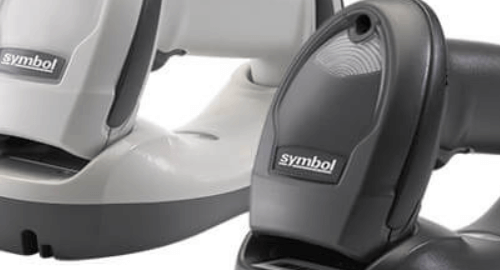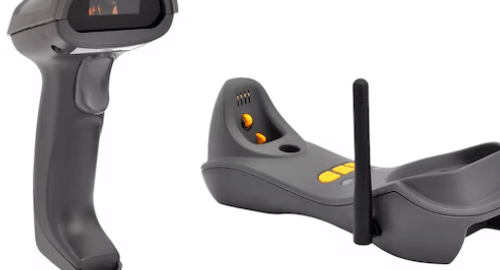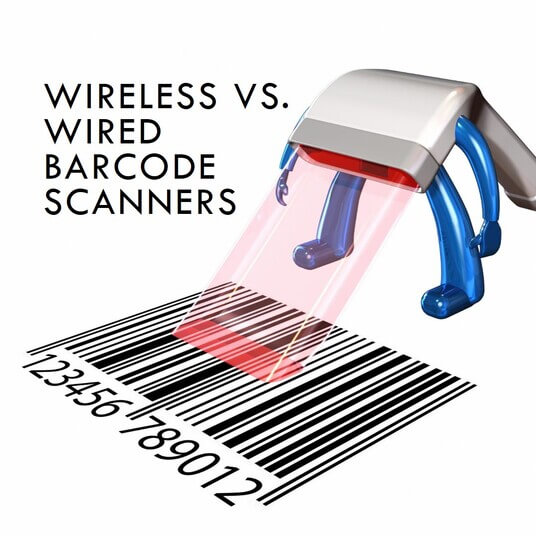
In today’s fast-paced business landscape, efficiency and accuracy are paramount. Barcode scanners play a pivotal role in streamlining operations, but the age-old debate persists: Wireless or Wired? Each comes with its set of advantages and drawbacks, influencing the user experience and overall productivity. Let’s dive into the intricacies of both options to help you make an informed decision for your business.
1. Introduction: The Essence of Barcode Scanners
Before delving into the wireless vs. wired battle, let’s understand the crucial role barcode scanners play in inventory management, retail, and various industries. These devices enhance speed, accuracy, and data capture capabilities, making them indispensable tools in today’s tech-driven world.
2. Wireless Barcode Scanners: Breaking Free from Constraints
Pros:
a. Unparalleled Mobility: One of the standout features of wireless barcode scanners is their freedom of movement. Users can navigate large warehouses or retail spaces without being tethered to a workstation.
b. Flexibility in Setup: Wireless scanners offer flexibility in deployment. Without the constraints of cables, they can be set up quickly, adapting to evolving business needs with ease.
c. Real-time Data Transfer: With wireless technology, data transfer happens in real-time. This ensures that your inventory database remains up-to-date, minimizing errors and enhancing overall efficiency.
Cons:
a. Battery Dependency: The Achilles’ heel of wireless scanners lies in their dependence on batteries. Regular charging is imperative, and failure to do so may result in downtime during critical operations.
b. Potential Interference: In environments with numerous electronic devices, wireless scanners might face interference issues. This can impact the signal strength and, consequently, the scanning speed.
3. Wired Barcode Scanners: Stability and Reliability
Pros:
a. Consistent Power Supply: Wired scanners draw power directly from the device they are connected to, eliminating concerns about battery life. This makes them a reliable choice for operations that require continuous scanning.
b. Minimal Interference: Unlike their wireless counterparts, wired scanners are immune to interference. They operate on a dedicated connection, ensuring stable and uninterrupted scanning.
c. Cost-Effective: Generally, wired barcode scanners are more budget-friendly upfront. If cost is a significant consideration, this might tip the scales in their favor.
Cons:
a. Limited Mobility: The primary drawback of wired scanners is their limited range due to the physical connection. Users are confined to the length of the cable, making them less suitable for expansive environments.
b. Installation Challenges: Setting up wired scanners may be more cumbersome, especially in dynamic or evolving workspaces. Cables might need rerouting, posing challenges in maintaining a tidy and organized environment.
4. Conclusion: Making the Right Choice for Your Business
In the eternal clash of wireless vs. wired barcode scanners, there’s no one-size-fits-all solution. Your choice should align with the specific needs and dynamics of your business. If mobility and real-time data transfer are paramount, a wireless scanner could be your go-to. On the other hand, if stability, reliability, and budget constraints are at the forefront, a wired scanner might be the ideal choice.
In essence, both options bring unique advantages to the table, and the key is to weigh these against your operational requirements. Whether you choose the freedom of wireless or the stability of wired, investing in a high-quality barcode scanner is a step toward enhancing efficiency and accuracy in your daily operations.

